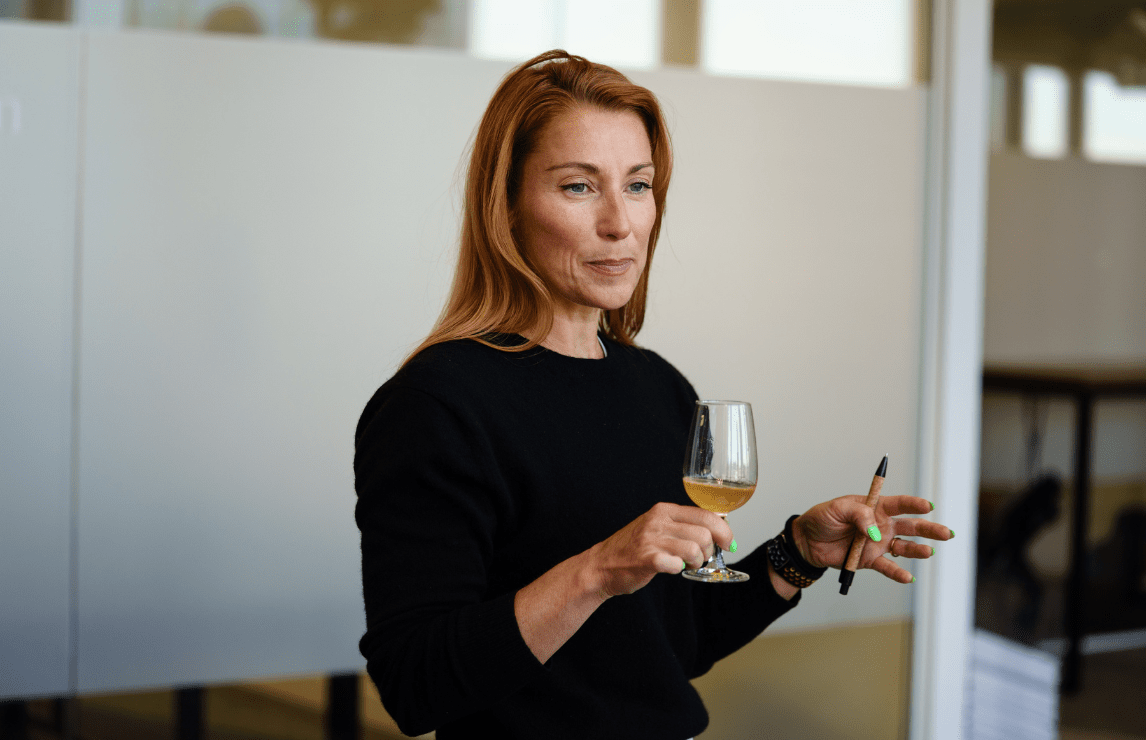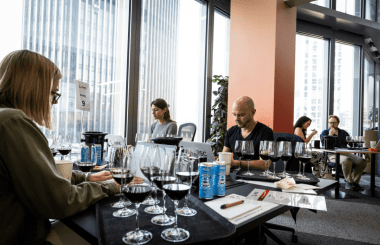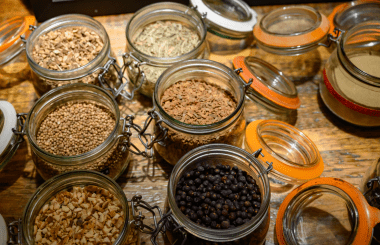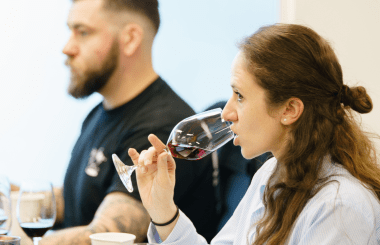Serious About Zero: Celebrating No-Alcohol Innovation How the no-alcohol category is finding its stride
“New-to-World” Beverages
This year, perhaps the most compelling trend identified was the rise of "new-to-world" beverages that completely sidestep traditional alcohol categories. As IWSC judge Claire Warner observed: "Things that defy categorisation are hard to judge. But if you're looking at the way that Gen Z are consuming, many of that cohort have never tried tequila or whiskey or sparkling wine. They're not really using alcohol categories to define their drinking experience."
This generational shift is creating new opportunities for innovation. "They're more interested in things that are unusual or look slightly different or have a completely new flavour profile," Warner noted. "That's a really exciting opportunity for producers to lean into new flavour expressions, new combinations, perhaps new pack formats or even new colours."
Among this new guard of drinks were standout examples like Île Four Yuzu (Gold, 96 pts, Japan), a sake-inspired yuzu-based expression, and Namari (Gold, 95 pts, USA), which wowed judges with its layered complexity.
Functional Ingredients: Tea, Mushrooms and Botanicals
The judging revealed a fascinating convergence of traditional botanicals with cutting-edge functional ingredients. Tea emerged as a particularly promising foundation, with Warner noting: "Tea is still an ingredient we haven't seen enough of - for grit, for tannins, for elegance and for sophistication."
The functional beverage trend extends well beyond tea. Judge Irem Eren highlighted the mainstream emergence of complex wellness drinks: "This morning, on my way here, I found a matcha latte store.They do matcha with whey protein, with functional mushroom, CBD. It was cool." Fellow judge Josh Kelly added: "There's a coffee stall and they actually have a vivarium full of living Cordyceps, Lion's Mane, Chaga mushrooms, and you can have a real coffee with Lion's Mane or Reishi or Cordyceps."
These aren't niche experiments - they represent the mainstream adoption of functional ingredients that's driving serious innovation in the zero-alcohol space.
The Amaro Opportunity
One of the most exciting developments identified by judges was the emergence of sophisticated amaro-style expressions. "We saw some really beautiful examples of very rich, dark styles of amaro for that after-dinner occasion," Warner observed. "With amaro or aperitivos, you've got so much more opportunity to play botanicals - bitterness and all those other characteristics that bring texture and complexity."
Products like Italy’s Gold medal-winning Amaro Liborio Analcolico (97 points) demonstrated how bitter, complex flavours can create genuinely elegant no-alcohol experiences.
Maturity Over Novelty
The judges consistently emphasised that innovation alone isn't enough. "Just because it's innovative and new doesn't necessarily mean that it's great," Warner cautioned. The focus has shifted toward craftsmanship.
"We're not in the business of producing soft drinks," Warner stressed. "These are adult beverages. We're looking for elegance, sophistication, complexity – the ability to sip something."
This point was echoed in scoring across the board: while creativity was abundant, the highest accolades went to drinks that balanced invention with polish - something producers from Japan, Italy, and the USA achieved with striking consistency.
Full results of the IWSC 2025 Alternative Drinks judging can be viewed here.



